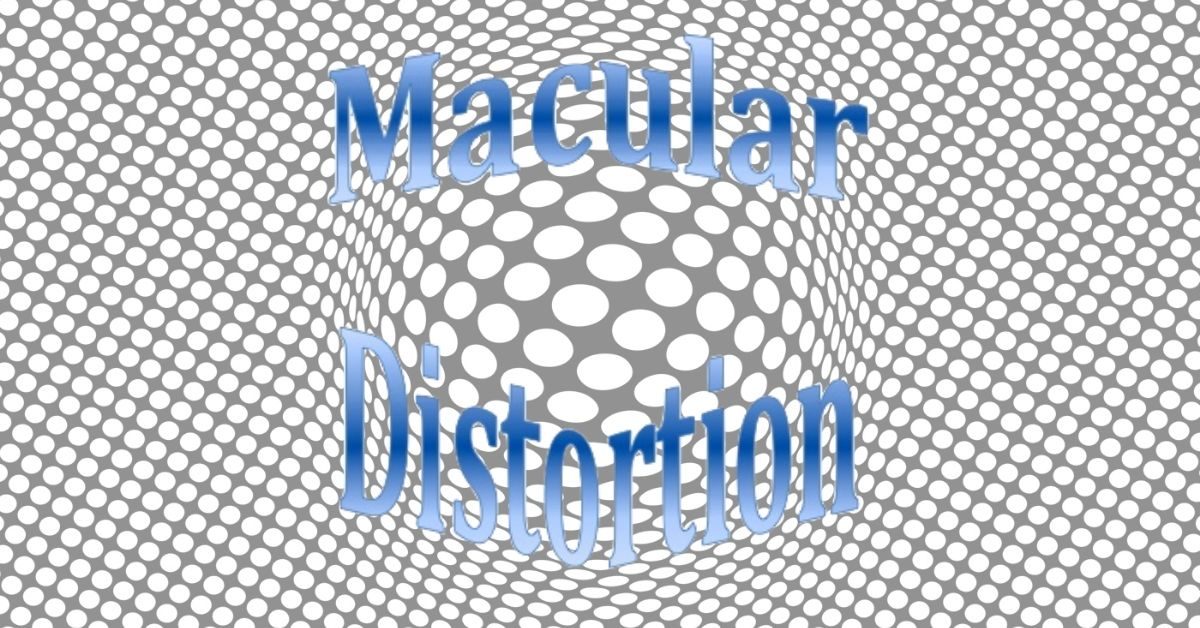A fluorescein angiogram is a diagnostic test used to study diseases of the retina. While any ophthalmologist may perform this test, a retina specialist uses this single test more than any other type of doctor.
Patients with the following diseases are likely to require a fluorescein angiogram (FA):
Diabetes
ARMD – macular degeneration
Macular edema
Retinal vascular occlusions
As the name implies, fluorescein dye used to study abnormalities in the retina and of its blood supply
The Fluorescein Angiogram
An FA is performed by injecting this vegetable-based dye into a vein. We usually choose an arm vein because it allows easy access for the doctor or technician.
The dye is slowly injected and will reach the eye in about 15 seconds under normal conditions. Patients with heart conditions or abnormalities in blood flow to the eye may experience longer times for the dye to reach the eye. Pictures are taken as the dye flows through the retina.
Abnormalities of retinal blood flow, degeneration of the layers of the retina and retinal swelling can be easily detected with this test.
Is FA Safe?
As with any injectable, there are possible complications. Overall, the fluorescein angiogram is a safe test, but your doctor should talk to about a few possible side effects.
Nausea and vomiting are the most common side effects, but usually occur during the test and pass quickly. Itching and hives can occur and, very rarely, anaphylaxis is possible.
Be aware that the fluorescein dye is unique to ophthalmology and has no relation to diagnostic contrast dyes used in radiologic testing such as MRIs.
If you would like to schedule an appointment, please call us (877) 245.2020.

